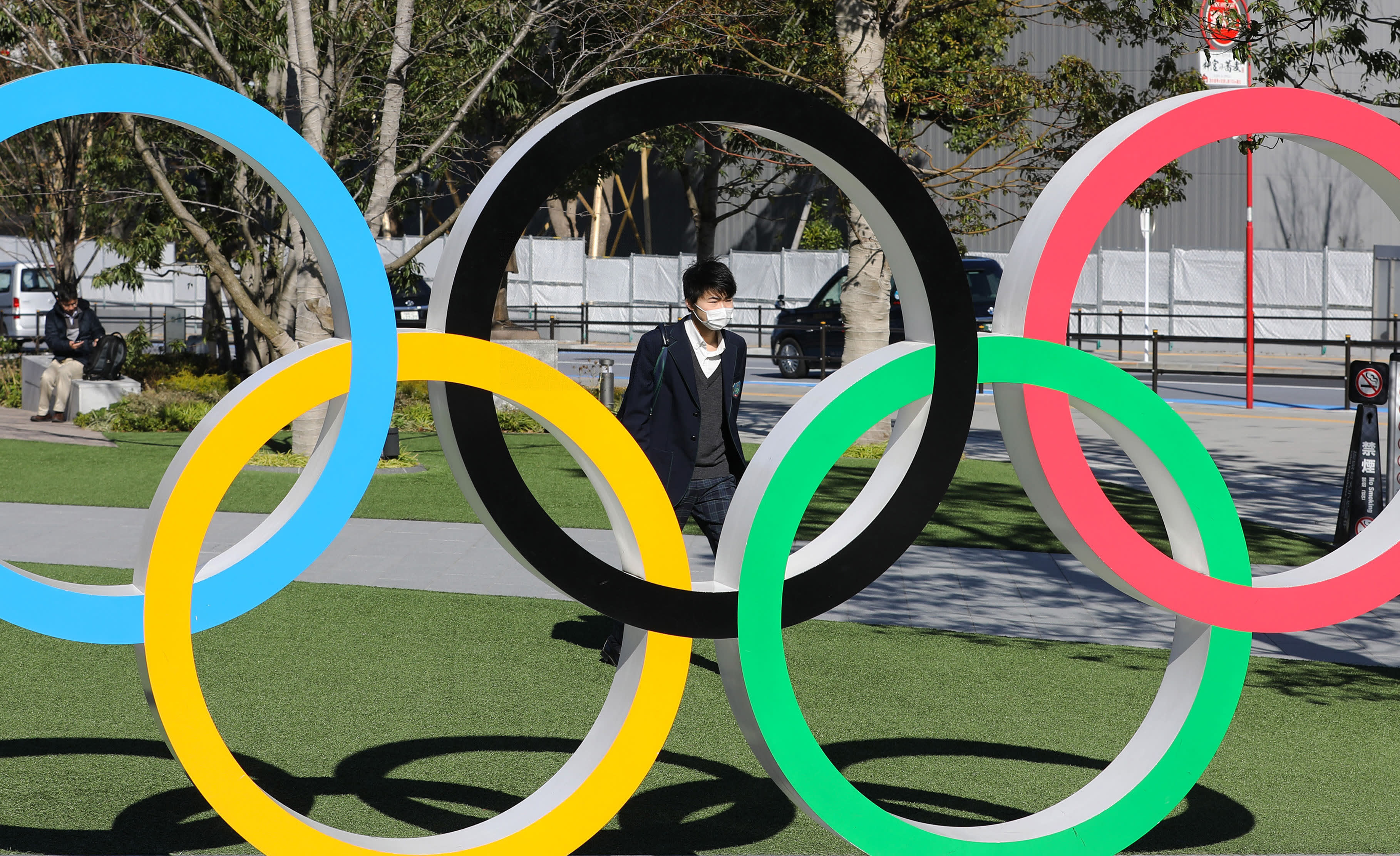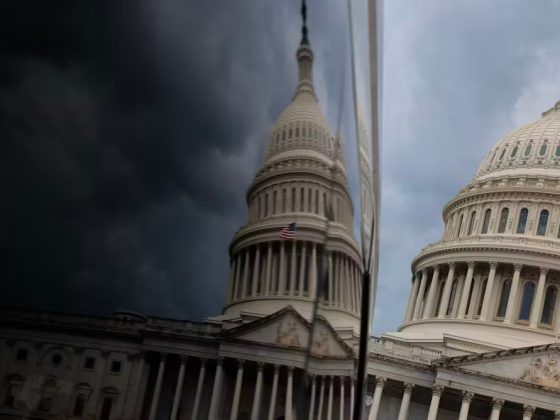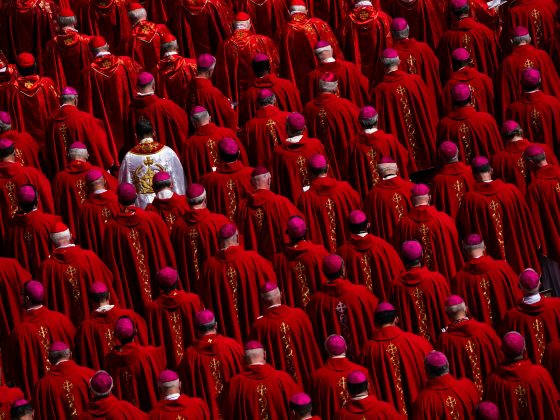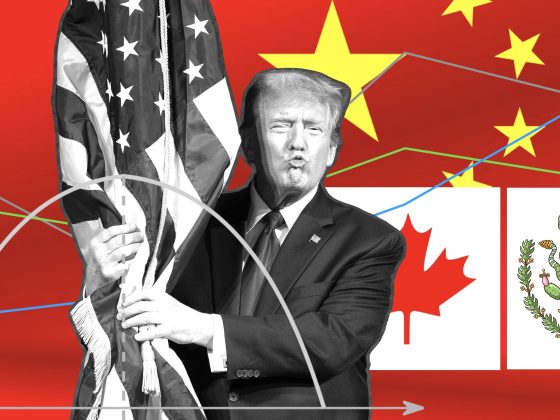
Despite the unprecedented decision to delay the 2020 Olympic and Paralympic Games in Tokyo, the negative impact on Japan’s economy pales in comparison to the blow from the coronavirus outbreak, economists and market strategists say.
The International Olympic Committee (IOC) on Tuesday caved in to growing calls to postpone the games, and announced they will be held next year due to rising fears about the COVID-19 pandemic.
“Postponing the Olympics at this point has a relatively marginal negative impact, which is actually coming from COVID-19,” Takuji Okubo, North Asia Director at the Economist Corporate Network told CNBC’s Squawk Box Asia on Wednesday. He said the positive impact generally comes from building infrastructure and stadiums and “Japan has already done that.”
Japan is officially pumping $12.6 billion to organize the Olympics, but a national audit board says spending could hit twice that amount, according to NBC News.
Kathy Matsui, chief Japan strategist at Goldman Sachs, agreed that the coronavirus could be a bigger threat.
Speaking to CNBC earlier this week, before the IOC’s decision to postpone the event, she referred to the investment bank’s economic projections that the Olympics’ impact was only meant to boost GDP by about 0.2 percentage points. “So, in the grand scheme of things, relative to Japan’s overall economy, the impact is not that large,” Matsui explained.
The disease has already spread to nearly 200 countries and infected more than 375,000 people worldwide, according to the latest data from the World Health Organization. Over 16,000 people have been killed from the virus since it first emerged in China late last year, WHO data showed.
The postponement, will, however “call into question what’s happening in the rest of the world and that is a reflection that the COVID-19 situation is not improving and that has a bigger impact on Japanese export demand and domestic consumption and business activity as well,” Matsui said.
Goldman’s economic team expected inbound and domestic consumption to be the biggest contributor to growth from the Olympics, at a combined 550 billion Japanese yen, or about $5 billion. This would have been a much-needed shot in the arm for a sector already hit by an ill-timed sales-tax hike in October last year.
Japan’s corporate giants have been splashing out cash to sponsor the games, in anticipation of that spending spree and to take advantage of the world’s eyes set on Tokyo.
Business leaders may shrug off the disappointment of the Olympics delay for now, though, and keep the focus on mitigating the coronavirus damage. “The bigger concern is to do with overall demand not bouncing back in the second half,” Matsui said.
People can’t be forced to consume if they’re staying home.
Waqas Adenwala
Asia analyst at Economist Intelligence Unit
The Economist Intelligence Unit (EIU) expects Japan’s private consumption to tank by 2% in fiscal year 2020 calendar year, with overall GDP declining by 1.6%.
Waqas Adenwala, Asia analyst at EIU, said a rosier picture is expected for 2021, helped by a rebound in consumption due to the delayed Olympics. For the 2021 calendar year, the EIU expects private consumption to rise by 0.8% and GDP growth of 0.9%.
The recovery for the rest of the year depends on the course of coronavirus containment measures. “If Tokyo moves to a full lockdown, we would expect a 5% dip in GDP,” Adenwala predicted.
Japanese authorities have joined their global counterparts in a commitment to soften the economic hit from the outbreak. With the Bank of Japan running low on further monetary policy tools to stimulate the economy, high hopes have been placed on fiscal support. A senior official of Japan’s ruling Liberal Democratic Party, Hiroshige Seko, told reporters Tuesday that an upcoming stimulus package could include cash payouts to give a direct boost to consumption, according to Reuters.
Those measures would no doubt be welcome during a time of great uncertainty.
But as Adenwala pointed out, the Japanese government is contending with the same challenge that world leaders are facing: “People can’t be forced to consume if they’re staying home.”









